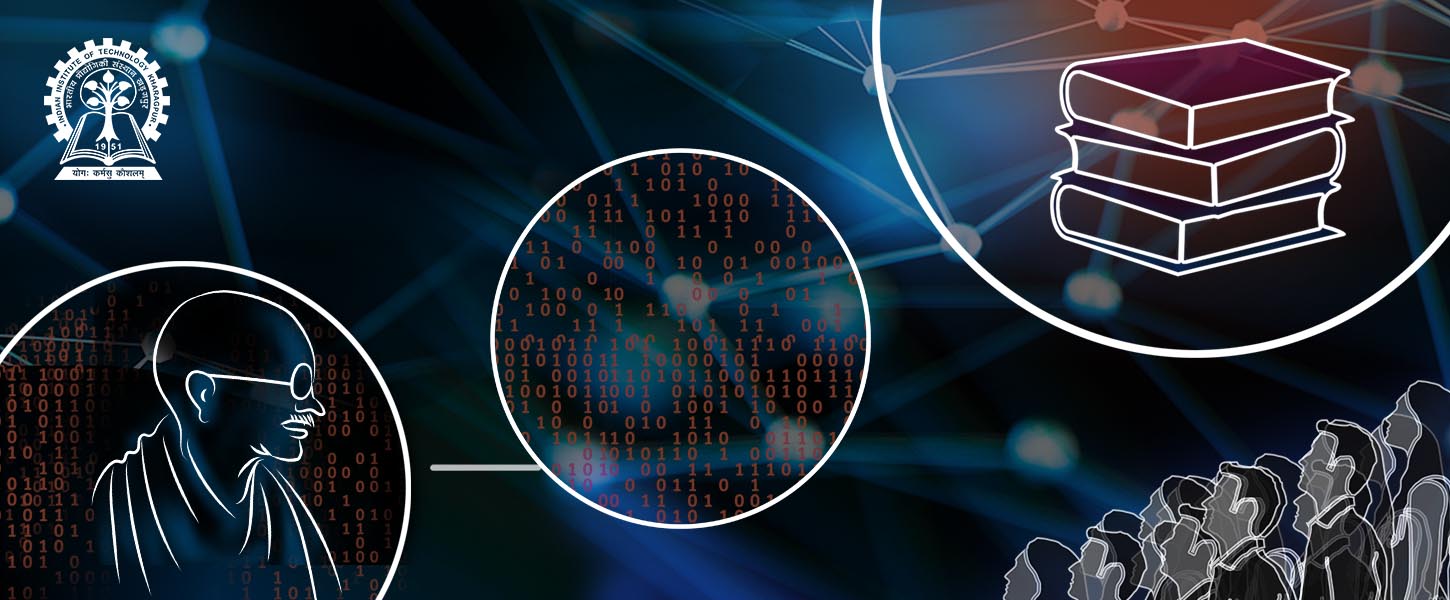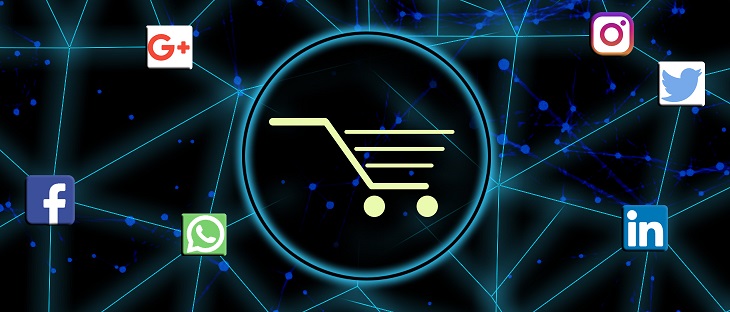
Gandhipedia
The Hindu BusinessLine The Hindu Careers360 The Week India Today (Web) India Today Deccan herald News18 Hindustan Times Indian Express NDTV Jagran IndiaTV OrissaPost Business Standard The Statesman Financial Express IIT KGP has…


